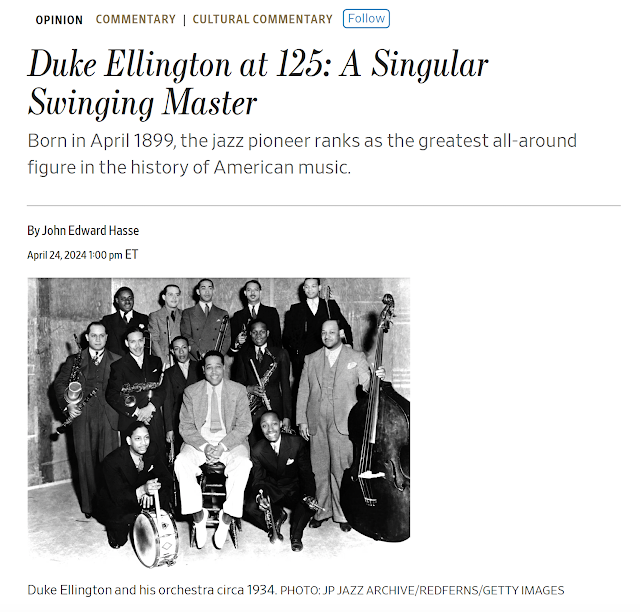I had a shitty week last week. A week way up there on the Olympus of shit. Last week my soul occupied shit's highest Pantheon.
I wasn't as mad at the world as I ever was--I'm reserving that level of angritude for, god forbid, trump's reelection, but about as mad as I get in a world that seems to specialize in making me angry.
But wait.
Days before my anger, I had a talk with my good friend and ex-partner, the great Sid Tomkins. Sid and I worked together at Ogilvy. He got fired about nine-months after I did from Ogilvy/London, but quickly landed a full-time job helping lead advertising for the great English brand, Specsavers.
I asked for Sid's help in designing a book I'm planning on trying to publish. I said to Sid, "I don't even mind if you change the font. I'm getting kinda sick of Futura Extra Bold Condensed."Sid, as he so often does, set me straight.
"George, that font is your brand. It's your voice. Your clarity and muscle. Your strength and sight. Don't change that."
Now, to the anger I mentioned above.
I had a scope tiff with a long-time client. Though I've come through for them on really tough assignments with really good work over really short timelines, they didn't want me to charge for four days for something that took me four days. They wanted me to bill for one day for four days work.
A lot of self-rebuke ran through my corpuscles.
I remembered my brother, the lawyer, once admonishing me, "As Samuel Goldwyn said, 'A verbal contract isn't worth the paper it's written on.'"
I remembered my wife, breathtakingly-level headed once chastising me, "You made one mistake. You went to work for consultants and you thought they were human."
I remembered my therapist, the Vizier of Vienna once biting my loosely attached head off and yelling at me, "I never want to hear you ever again say, 'they care about me.' No one cares about anything but themselves."
I know I'm expensive. (That's also my brand.) I get more money because I do more-better work.
I don't know why it's ok to ask creative people to do things you wouldn't ask an auto-repair-person, or a plumber, or a dry cleaner to do. I'd never take in a nice suit and ask Tony to clean it for eight dollars rather than twenty. I just wouldn't.
Besides, Tony would kick me out of his store and I'd never be allowed back in.
These guys know who I am and what they're getting from me. I've positioned myself and priced myself as extraordinary talent. You come to me for work and thinking you can't get anywhere else. Whether or not I believe that, or you believe that, they bought that. That's what they're paying for. You can't get the work, then say, "wow, that's a lot of dough-re-mi."
All that said, I met them half-way.
And I was angry about it. Angry at myself for giving in. Angry at the generalized mean-ness disorder which has wracked our industry.
I took me a minute, but then I realized why I was so mad.
It wasn't about the money.
It was that they asked me to abnegate my brand. They bought my brand, they tried to get me to ignore everything my brand stands for: definition, differentiation and demonstration. Things no one does anymore and certainly no one does better than I.
Here's a bit of what I said to them:
"My point is simple. I want to keep working with you... and whatever's next. But I've worked hard to be the best--and I need to be paid commensurately."
That's my brand.
I could sell it at a discount.
But that ain't on brand.
The industry itself, at least when it comes to itself, has forgotten its own brands. There's no difference between Ogilvy creative and anyone else'. No difference between this Holding Company and that. No difference because they all follow the same race-to-the-abyss brief.
New amalgamations are proof of that. Names which once meant something are "contracted" into a hodgepodge of meaningless letters and au courant logos that are wildly commoditized.
We used to have a sense of the work Y&R did--at least during Steve Frankfurt's presidency there. But what in god's name is a VML, and what happened to the essences of the agencies the new entity subsumed?
These new non-entities stand for nothing, do nothing special and then can charge nothing for it because they do nothing of value. In an industry that created untold wealth by creating brand value, we are now in the brand evisceration business.
My client and I worked it out. Sometimes GeorgeCo., LLC, a Delaware Company is hot-headed and feels slighted. Sometimes clients forget or are too busy to remember. Sometimes--luckily most times--with innately good people, the better angels of our nature can prevail.
All the same, let me end with a bit of Hemingway from his greatest short story, "A Clean, Well-Lighted Place." I remember when Madison Avenue was a clean, well-lighted place, even if it was grimy and somewhat dank.
"Good night," the other said. Turning off the electric light he continued the
conversation with himself. It was the light of course but it is necessary that the
place be clean and pleasant. You do not want music. Certainly you do not want
music. Nor can you stand before a bar with dignity although that is all that is
provided for these hours. What did he fear? It was not a fear or dread. It was a
nothing that he knew too well. It was all a nothing and a man was a nothing too.
It was only that and light was all it needed and a certain cleanness and order.
Some lived in it and never felt it but he knew it all was nada y pues nada y nada y
pues nada. Our nada who art in nada, nada be thy name thy kingdom nada thy
will be nada in nada as it is in nada. Give us this nada our daily nada and nada us
our nada as we nada our nadas and nada us not into nada but deliver us from
nada; pues nada. Hail nothing full of nothing, nothing is with thee. He smiled and
stood before a bar with a shining steam pressure coffee machine.
"What's yours?" asked the barman.
"Nada."




























